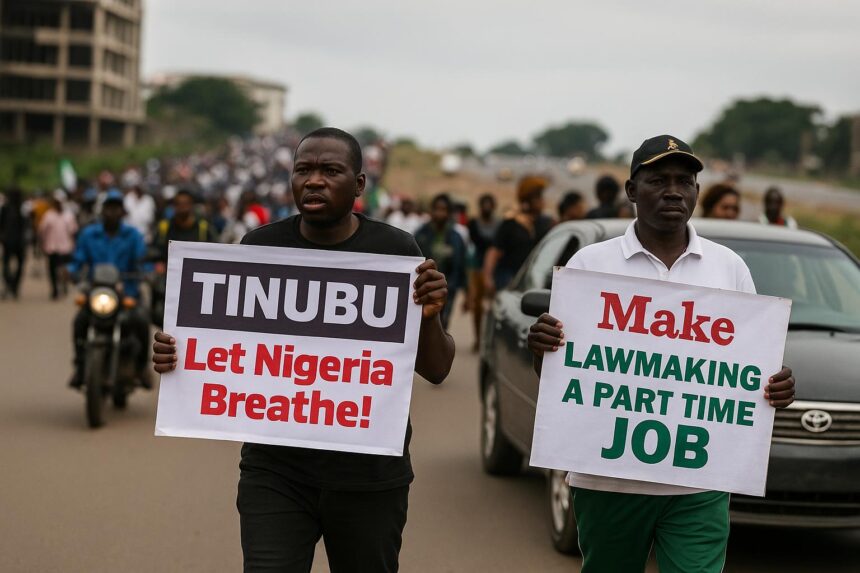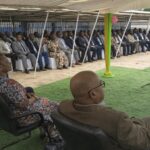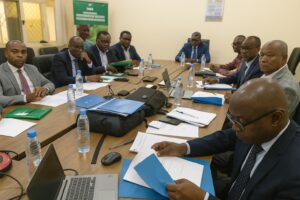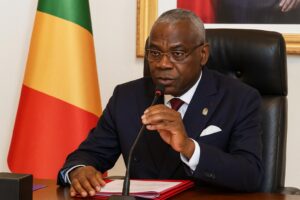IMF Push for Subsidy Reform
The International Monetary Fund has intensified its call for African governments to phase out energy subsidies, framing the policy as essential to stabilising public finances and unlocking funds for social programmes.
- IMF Push for Subsidy Reform
- Lessons from Nigeria’s Experience
- Congo-Brazzaville’s Calibrated Path
- Regional Momentum: Gabon and Senegal
- Debating Subsidy Efficiency
- Social Cushioning Strategies in Congo
- Competitiveness and Business Concerns
- Restructuring State Utilities
- Digital Platforms and Phased Timelines
- Diplomacy of Fiscal Consolidation
The advice echoes proposals contained in the IMF’s 2024 Sub-Saharan Africa Regional Outlook and was reiterated during recent Article IV consultations, according to officials familiar with the discussions.
Lessons from Nigeria’s Experience
Yet the experience of Nigeria, which lifted fuel subsidies in May 2023, remains fresh in diplomatic circles. Inflation surged to a three-decade high, and August 2024 street protests briefly threatened President Bola Ahmed Tinubu’s reform mandate.
Nigeria’s Central Bank later conceded that administrative delays in cash-transfer roll-outs magnified the shock, a detail often cited by analysts who urge more gradual sequencing.
Congo-Brazzaville’s Calibrated Path
In Brazzaville, authorities adopted a calibrated approach. Diesel prices rose by 25 percent in October 2024 after a smaller adjustment in January, but accompanying measures held public transport tariffs steady for low-income commuters.
A senior official in the Ministry of Economy argues that “partial realignment preserves fiscal space without eroding social cohesion”, pointing to targeted subsidies for rural cooperatives funded through savings generated elsewhere.
Regional Momentum: Gabon and Senegal
Gabon’s draft 2025 finance law envisages a 30 percent trim in fuel subsidies, while Senegal, whose energy support currently equals four percent of expenditure, is assessing options following a June IMF mission.
Across the region, policymakers weigh the tension between macroeconomic orthodoxy and immediate welfare. For many households, subsidised kerosene and transport remain the first bulwark against volatile international crude benchmarks.
Debating Subsidy Efficiency
The Fund maintains that universal subsidies are regressive because higher-income groups consume more fuel, a view supported by World Bank benefit-incidence studies. Redirecting resources to targeted cash transfers, it says, would lift growth and equity simultaneously.
Critics counter that, where social protection mechanisms are embryonic, removing subsidies before new safety nets are fully operational can backfire, fuelling inflation that acts as what economists term an “implicit tax on the poor”.
Social Cushioning Strategies in Congo
Congo-Brazzaville’s leadership stresses complementarity rather than confrontation. President Denis Sassou Nguesso’s government has accelerated registration for the Carte Assistance Sociale, a biometric platform designed to channel future transfers swiftly during any further price adjustments.
Officials highlight that the country’s hydrocarbon revenues finance infrastructure and health priorities, so any consolidation strategy must safeguard these strategic allocations while still meeting debt targets agreed with creditors.
Competitiveness and Business Concerns
Business groups worry about competitiveness. Logistics firms operating the Pointe-Noire–Brazzaville corridor caution that another sharp fuel hike could cascade through supply chains, raising transport costs and ultimately consumer prices for staples such as rice and cement.
The IMF acknowledges the risk and increasingly promotes compensatory instruments like time-bound transport vouchers and school-meal expansions, drawing lessons from Egypt’s 2016 reform episode.
Restructuring State Utilities
Some economists propose a complementary path: restructuring state-owned utilities so they generate sustainable returns. African Development Bank studies suggest that loss-making electricity boards absorb budget resources that could finance more targeted poverty relief.
Congo is experimenting with performance contracts at its national power company, combining managerial autonomy with audited targets. An inaugural report showed a 12 percent reduction in technical losses in 2024, hinting at latent efficiency gains.
Digital Platforms and Phased Timelines
Digital tools may ease transition. Mobile-money penetration above 60 percent across Central Africa enables governments to disburse compensatory payments directly, minimising leakages that historically plagued subsidy systems.
Diplomats observe that sequencing matters. A phased schedule aligned with harvest cycles and school calendars can temper social tensions, while transparent communication with trade unions helps anchor expectations.
Diplomacy of Fiscal Consolidation
For international partners, the message is nuanced: fiscal consolidation remains vital, but credibility hinges on showing citizens tangible offsets before headline fuel prices shift.
If the balance is struck, Congo-Brazzaville could offer a template—marrying prudent budget management with calibrated social cushioning—that resonates across a continent navigating the twin imperatives of stability and reform.
Regional observers recall that subsidy debates are not purely economic; they intersect with climate commitments, as reduced consumption is also expected to lower emissions under Congo’s nationally determined contribution.






















